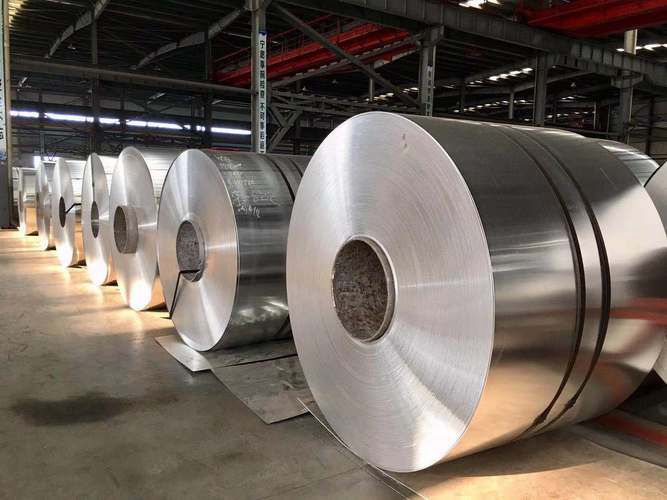Aluminium is a versatile material widely used across various industries due to its remarkable properties, including lightweight, corrosion resistance, and excellent formability. Two popular aluminium alloys, 5182 and 5754, stand out for their unique characteristics and diverse applications. In this comprehensive analysis, we will delve into the specifics of both alloys, compare their properties, and highlight their respective applications.

Aluminium Alloy 5182
Aluminium alloy 5182 is primarily composed of aluminium, manganese, and magnesium. It is recognized for its excellent corrosion resistance, weldability, and moderate strength. The addition of manganese enhances its corrosion resistance, making it suitable for applications in marine environments and the automotive industry. Its moderate strength and formability make it ideal for manufacturing various components in automotive bodies.
Aluminium Alloy 5754
On the other hand, aluminium alloy 5754 is known for its outstanding corrosion resistance and high fatigue strength. Comprising aluminium, magnesium, and a small amount of chromium, this alloy is particularly well-suited for marine and offshore applications. Its strength and formability make it a preferred choice for structural components in the marine industry.
Comparison of Properties
Corrosion Resistance:
5182: Excellent corrosion resistance, especially in marine and industrial environments.
5754: Outstanding corrosion resistance, particularly in seawater and acidic environments.
Strength:
5182: Moderate strength, suitable for various applications.
5754: High fatigue strength, making it ideal for structural components.
Formability:
Both alloys exhibit good formability, allowing for ease of shaping and manufacturing.
Weldability:
Both alloys offer excellent weldability, enabling efficient joining in various applications.
Applications:
5182: Automotive components, can bodies, and other applications requiring corrosion resistance and moderate strength.
5754: Marine structures, offshore components, and panels in automotive and aerospace industries due to its exceptional corrosion resistance and high fatigue strength.
In summary, aluminium alloys 5182 and 5754 showcase unique properties that cater to specific applications. While 5182 is preferred for automotive uses and general corrosion-resistant applications, 5754 stands out in marine and offshore applications where high corrosion resistance and fatigue strength are paramount. Understanding the distinct characteristics of each alloy is crucial in choosing the right material for a particular application, ensuring optimal performance and longevity.
